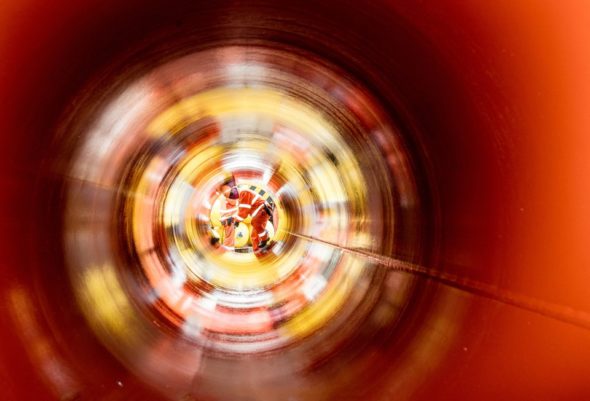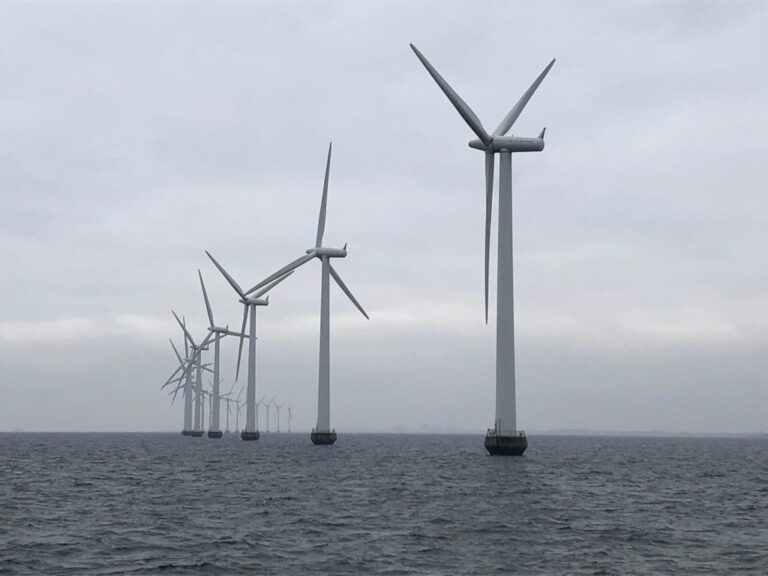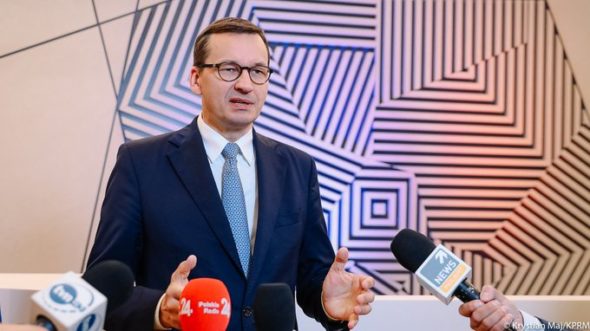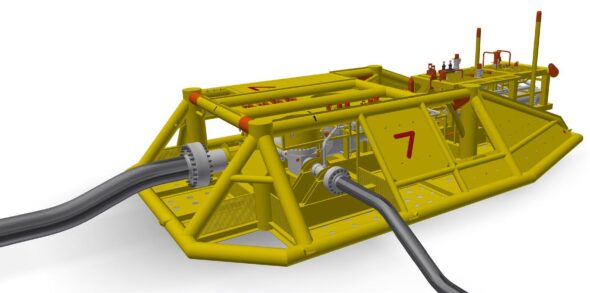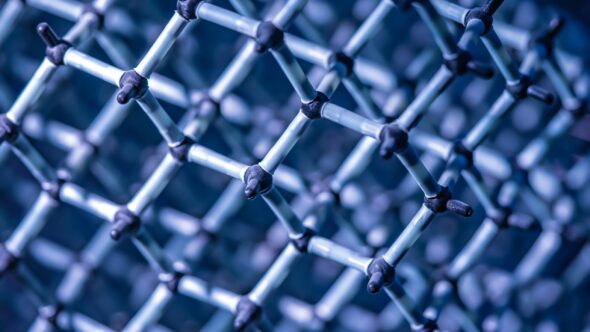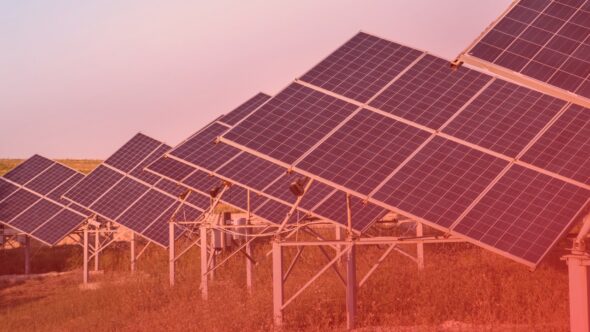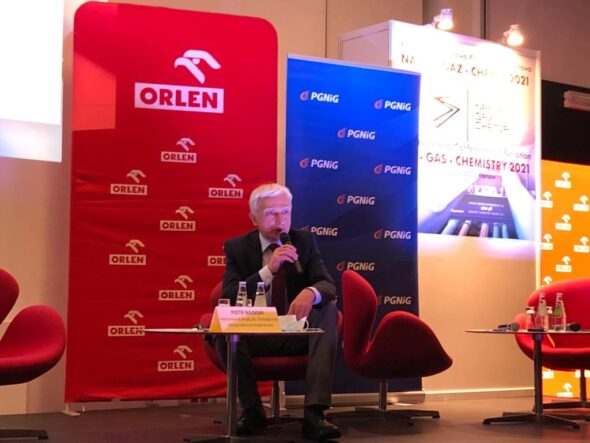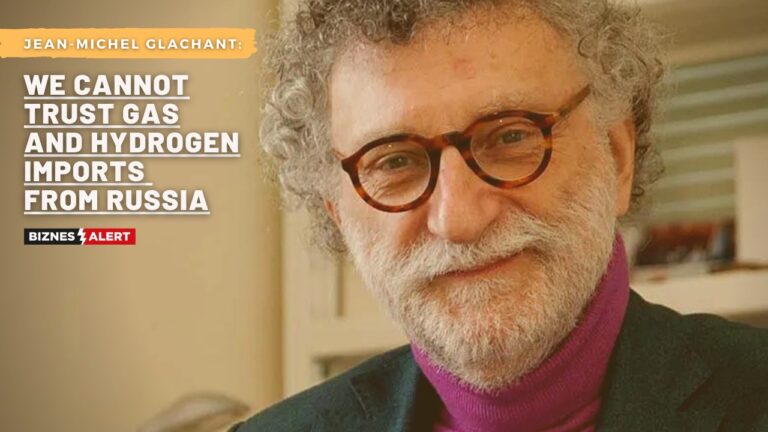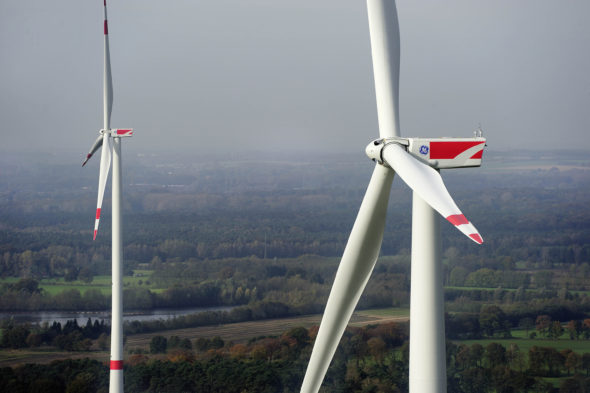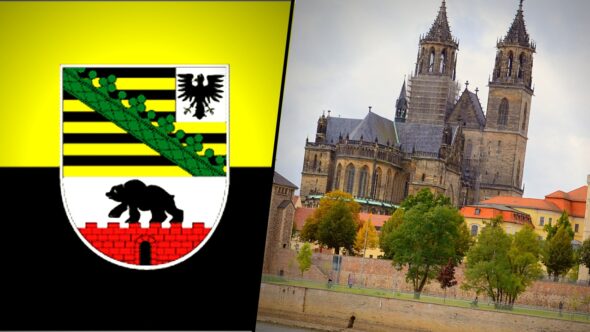Two weeks after the Biden administration waived congressionally mandated sanctions on Nord Stream AG, the company behind the Nord Stream 2 pipeline, Russian President Vladimir Putin announced that the first link of the subsea line is completed and ready for testing (Vesti.ru, June 4). But the Russian president knows it is too early for a victory dance. Amidst a flurry of sharp reactions to the sanctions’ waivers from US Congress and most Central-East European states, and the ongoing US-German talks on mitigating the potential negative impact of the pipeline completion on Ukraine, the future of the pipeline remains uncertain – writes Margarita Assenova for the Jamestown Foundation.
Offshore sectoral agreement is entering its decisive phase
Usually during the summer holidays not much is happening when it comes to legislation, including regulations on the energy industry. However, this summer the offshore wind farm sector will be subject to intensive legislative work. In the middle of the vacation an offshore sectoral agreement may be signed, which will provide the investors with technical guidelines on constructing the farms – writes Bartłomiej Sawicki, editor at BiznesAlert.pl.
Polish Briefing: Denmark’s continued support for the Baltic Pipe | Morawiecki: the project is not at risk in the long run
What goes on in Poland on the 14th of June.
The art of engineering a link between the Baltic Pipe and the Norwegian shelf
Despite the perturbations that have undermined the construction of an onshore section of the Baltic Pipe in Denmark, the expansion of the Norwegian Corridor continues. The construction of the so-called tie-in to the Europipe II gas pipeline under the North Sea is one of the most advanced sections of the entire project – Mariusz Marszałkowski, editor at BiznesAlert.pl, writes.
Polish Briefing: The hydrogen strategy to be adopted on August 10 | PSE to spend PLN 4.5 billion on network development for offshore
What goes on in Poland on the 11th of June.
Blood-soaked PVs from a labor camp
Solar panels are marketed as a clean energy source. However, more often than not they are manufactured with materials from China, which were collected by members of the persecuted Uyghur minority imprisoned in labor camps – writes Wojciech Jakóbik, editor-in-chief at BiznesAlert.pl.
Polish Briefing: Naimski on Polish nuclear program and Baltic Pipe
What goes on in Poland on the 10th of June.
Glachant: We cannot trust gas and hydrogen imports from Russia (INTERVIEW)
If Russia was not Russia I would trust their government announcements and would say that we need an agreement for hydrogen imports. But we need to remember about Chechnya, Georgia, Crimea, Donbass and many different issues. It is not that I do not want. We cannot blindly trust – Jean-Michel Glachant, Florence School of Regulation chief, said.
Poland with the highest percentage of increase of wind energy since 2000
Poland has increased the percentage of electricity produced by wind turbines the most, with an increase of nearly 250,000%. Belgium, France, and Norway all rank within the top 10 for the biggest increases. Denmark is the country with the largest overall generation of electricity using wind turbines, even though they had the smallest increase.
The fight for Saxony-Anhalt. Greens are behind, CDU is back in the game
The German Superwahljahr is in full swing. Last Sunday a state election in Saxony-Anhalt, the poorest state in the republic that is also struggling with lignite phase-out, took place. The election results are a conspicuous success of CDU’s new chairman Armin Laschet and the state’s Prime Minister Reiner Haseloff, whereas the Greens and AfD are the biggest losers. Energy issues played no small part on this political battlefield – Michał Perzyński, editor at BiznesAlert.pl, writes.
